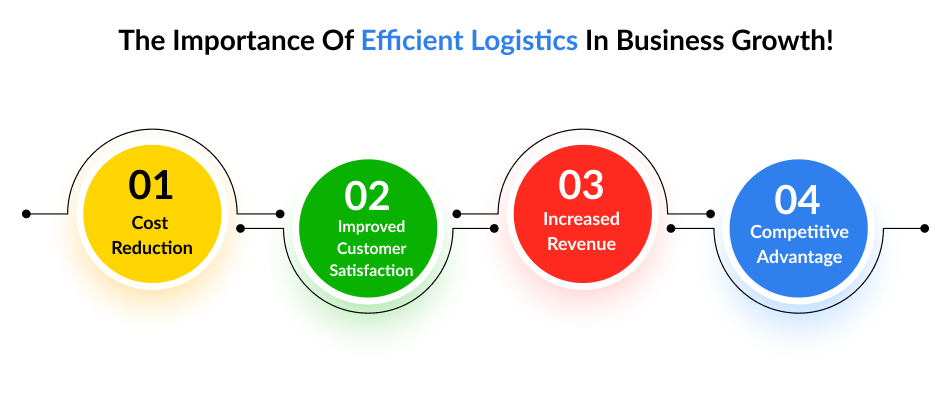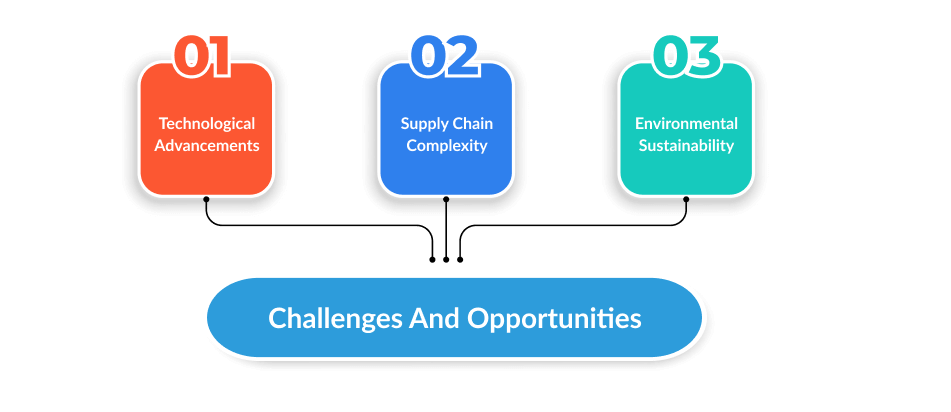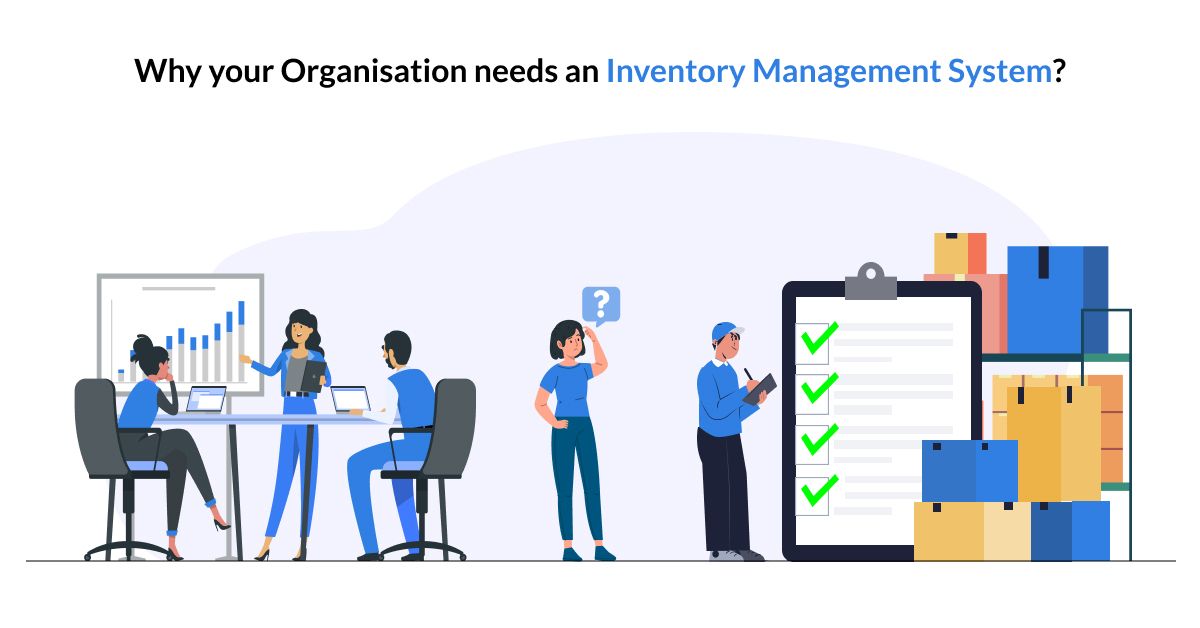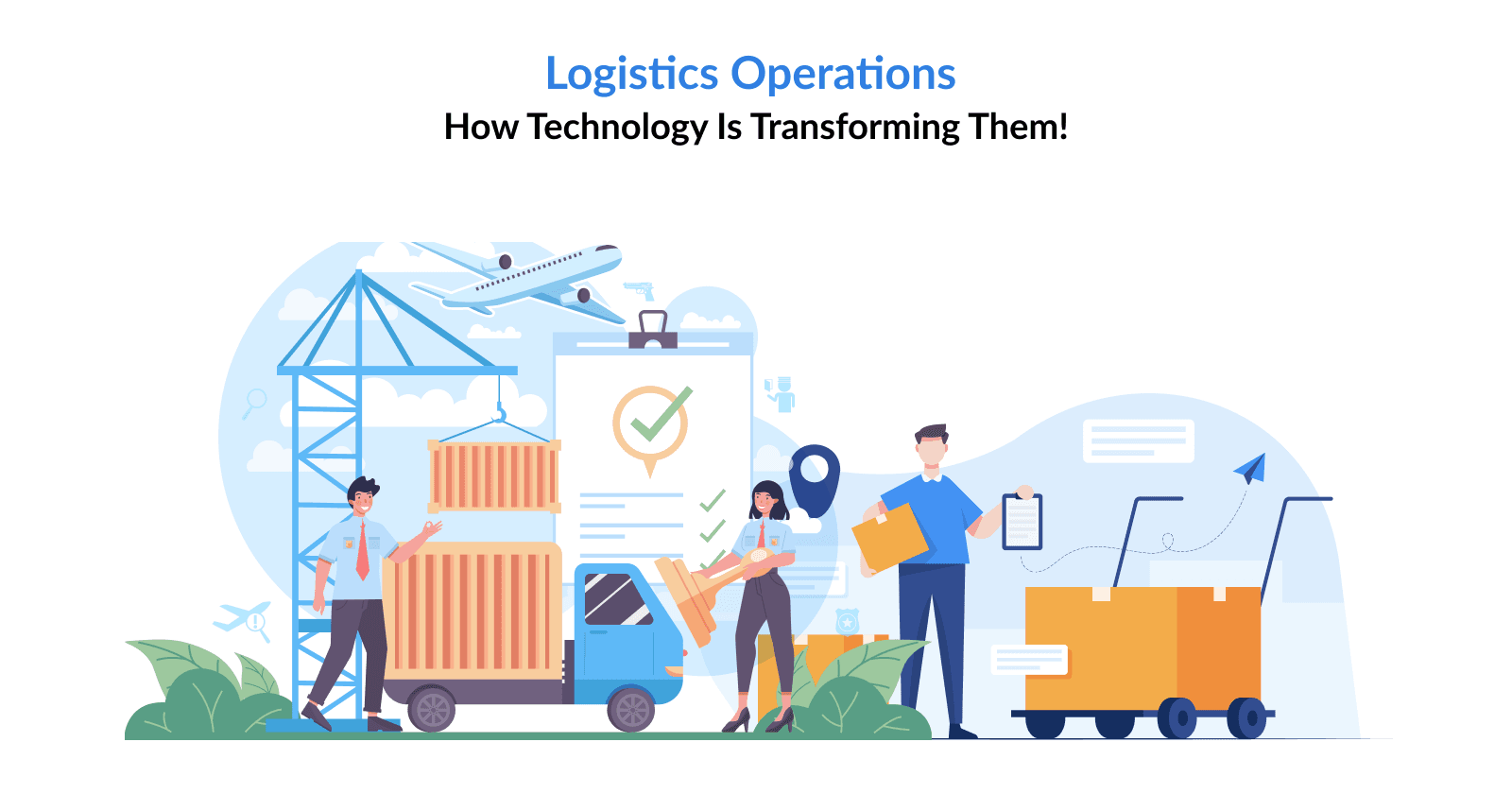Introduction
Efficient logistics is crucial to the growth and success of any business. In today's highly competitive market, the ability to efficiently manage logistics can mean the difference between success and failure.
Efficient logistics is crucial to the growth and success of any business. In today's highly competitive market, the ability to efficiently manage logistics can mean the difference between success and failure.
In this blog post, we will discuss the importance of efficient logistics in business growth, the challenges and opportunities that come with it, and how businesses can overcome these challenges to achieve sustainable growth.
What is Logistics?
Logistics refers to the process of planning, implementing, and controlling the movement and storage of goods and services from the point of origin to the point of consumption. The logistics process involves several activities, including transportation, warehousing, inventory management, and order processing.
The goal of logistics is to ensure that the right product is delivered to the right place at the right time and at the lowest possible cost.
The Importance of Efficient Logistics in Business Growth

Cost Reduction
Efficient logistics can help businesses reduce their costs by optimizing transportation routes, minimizing inventory holding costs, and reducing lead times. By optimizing logistics processes, businesses can improve supply chain efficiency and reduce transportation costs.
An efficient logistics system can also minimize inventory holding costs by ensuring that products are delivered on time, reducing the need for safety stock.
Improved Customer Satisfaction
Efficient logistics can also help businesses improve their customer satisfaction by delivering products on time and in good condition. On-time delivery is essential in today's fast-paced world, where customers expect their orders to be delivered quickly.
A business that can deliver products faster than its competitors will have a significant advantage in the market. Additionally, efficient logistics can enhance a business's reputation and build customer loyalty.
Increased Revenue
Efficient logistics can help businesses increase their revenue by reducing lead times and improving delivery times. By delivering products faster than its competitors, a business can increase its sales and revenue. Faster delivery times can also help a business win new customers and retain existing ones.
An efficient logistics system can help businesses respond quickly to changing market demands, enabling them to take advantage of new business opportunities.
Competitive Advantage
Efficient logistics can provide a competitive advantage to businesses. By optimizing logistics processes, businesses can reduce their costs, improve their delivery times, and enhance their customer satisfaction.
These factors can help a business differentiate itself from its competitors and gain a competitive edge in the market. An efficient logistics system can also help businesses respond quickly to changing market demands, enabling them to stay ahead of their competitors.
Challenges and Opportunities

Technological Advancements
Advancements in technology have provided businesses with opportunities to improve their logistics management. For example, automation, the internet of things (IoT), and big data analytics can help businesses optimize their logistics processes, reduce costs, and improve customer satisfaction.
However, adopting new technologies can also present challenges, such as high implementation costs and the need for employee training.
Supply Chain Complexity
The increasing complexity of supply chains can pose challenges for businesses in managing their logistics. Businesses need to manage multiple suppliers, transport modes, and delivery destinations, which can increase the risk of delays and disruptions.
To overcome these challenges, businesses need to have a robust supply chain management system that can quickly respond to any changes or disruptions.
Environmental Sustainability
Environmental sustainability has become an essential consideration for businesses in managing their logistics. Businesses need to ensure that their logistics processes are environmentally sustainable by reducing carbon emissions, minimizing waste, and promoting sustainable practices.
While adopting sustainable logistics practices can present challenges, it can also provide opportunities for businesses to differentiate themselves and attract environmentally conscious customers.
Conclusion
Efficient logistics is critical to the growth and success of any business. By optimizing logistics processes, businesses can reduce costs, improve customer satisfaction, increase revenue, gain a competitive advantage, and promote environmental sustainability. However, businesses also face challenges in managing their logistics, such as supply chain complexity and the need to adopt new technologies while ensuring sustainability.
To overcome these challenges, businesses need to have a robust logistics management system that can quickly respond to changes in the market and supply chain disruptions.
By embracing new technologies and sustainable practices, businesses can achieve sustainable growth and stay ahead of their competitors in today's highly competitive market.
Optimize your Logistics Processes and Achieve Efficient Management with Remotestate
Remotestate can help businesses optimize their logistics processes and achieve efficient logistics management. We offer a range of services, including supply chain management, transportation management, warehouse management, and inventory management, etc.
Our team of experts has extensive experience in logistics management, and we use the latest technologies and industry best practices to deliver solutions that meet our clients' needs. We can help businesses streamline their logistics processes, reduce costs, improve customer satisfaction, and gain a competitive advantage.
In summary, Remotestate can provide businesses with the expertise and solutions they need to achieve efficient logistics management and promote sustainable practices, and gain a competitive advantage in today's highly competitive market.
FAQ’s
What is the role of technology in logistics management?
Technology plays a crucial role in logistics management. Advancements in technology, such as automation, the internet of things (IoT), and big data analytics, can help businesses optimize their logistics processes, reduce costs, and improve customer satisfaction.
What are the benefits of efficient logistics?
Efficient logistics can help businesses reduce costs, improve customer satisfaction, increase revenue, gain a competitive advantage, and promote environmental sustainability.
How can businesses overcome supply chain complexity?
To overcome supply chain complexity, businesses need to have a robust supply chain management system that can quickly respond to any changes or disruptions. They need to manage multiple suppliers, transport modes, and delivery destinations, which can increase the risk of delays and disruptions.
What are the challenges of adopting sustainable logistics practices?
Adopting sustainable logistics practices can present challenges, such as high implementation costs and the need for employee training. However, it can also provide opportunities for businesses to differentiate themselves and attract environmentally conscious customers.
Why is environmental sustainability essential in logistics management?
Environmental sustainability is essential in logistics management because it helps businesses reduce their carbon footprint, minimize waste, and promote sustainable practices. By adopting sustainable logistics practices, businesses can contribute to a cleaner and healthier environment.
Publication Date
2023-03-23
Category
Logistics
Author Name
Sajal Nehra


